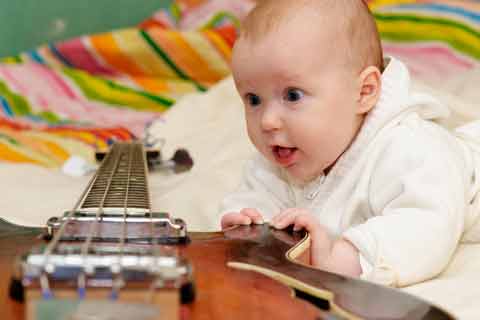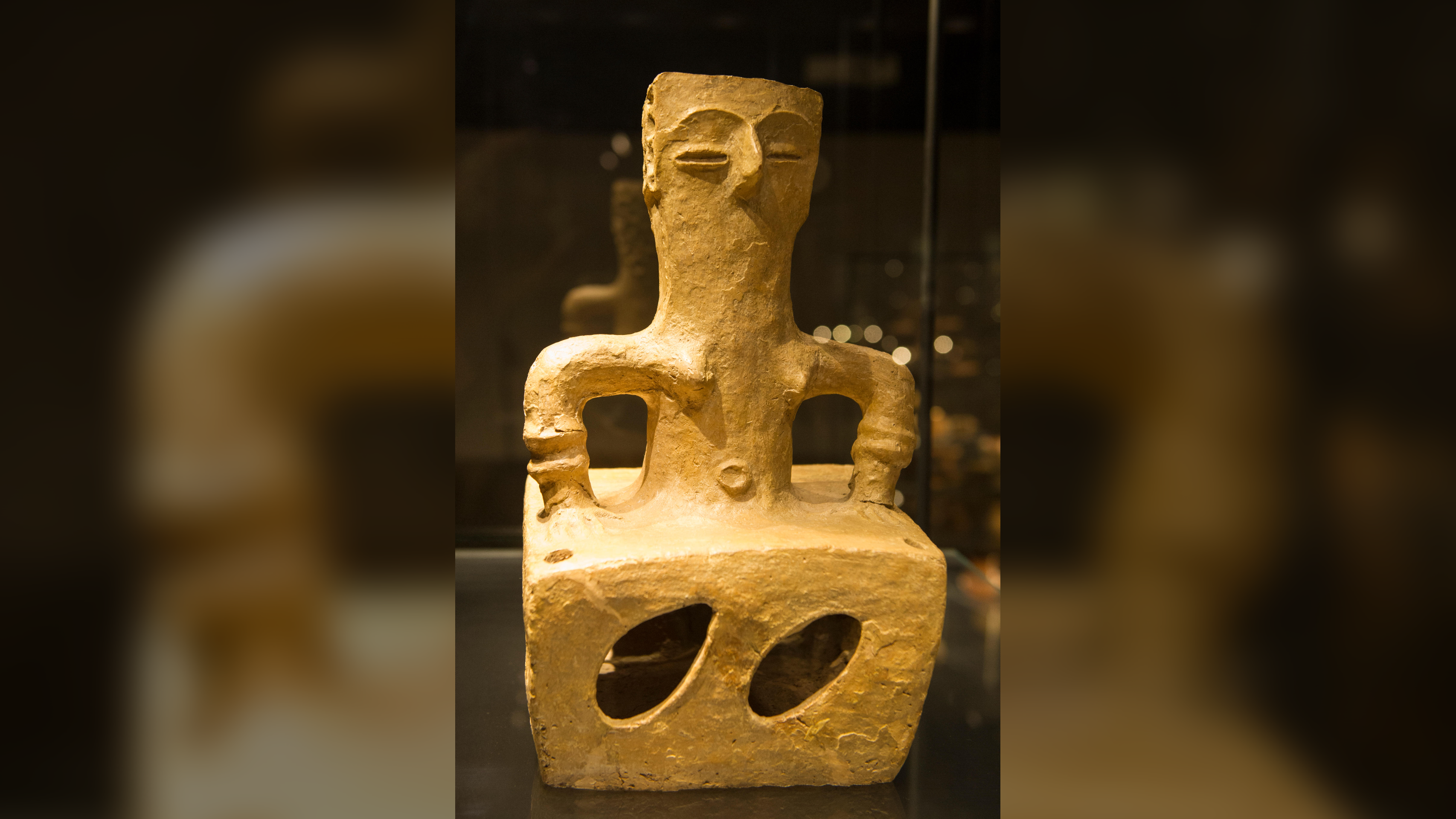Music Soothes Circumcision Pain

Music may help ease pain and provide therapeutic benefits for babies undergoing common medical procedures, including circumcision, according to new research. Neonatal units are increasingly using music as a way to manage pain for babies during routine practices. It is thought that playing music helps calm babies and stabilize some of their vital functions. However, past research has not been strong enough to back up these claims. To evaluate music's effects on infants, scientists from the University of Alberta in Canada reviewed nine previous studies published between 1989 and 2006, which included both premature and full-term babies. It was hard to draw an absolute conclusion from these trials because they included different study populations that were tested in different ways, and some of the trials were not set up optimally. However, the Alberta researchers found very preliminary evidence that music has a beneficial effect during certain procedures, such as blood sampling and circumcision. One study, which the researchers rated as high quality, looked at the effect of lullabies and nursery rhymes during circumcision. The results showed that playing music did help lower pain and prevent the babies' heart rates from increasing. A few of the studies examined music's benefits for babies having a heel prick — a method for sampling blood from a newborn. In these studies, the music had a favorable effect on the infants' pain and heart rate, and sometimes helped with their behavior. Some of the studies also indicated that music improved feeding rates in premature babies. More high quality trials are needed to confirm these benefits, the authors say. Their results were published ahead of print in the journal Archives of Disease in Childhood. Babies are hardly the only population found to respond positively to music and to enjoy therapeutic benefits from it. Past studies have shown that music can reduce the need for sedation during surgery, boost the immune system, and help stroke patients improve their motor skills. Music has also been found to decrease stress and anxiety and help athletes excel during competition.
- Video: How Babies Learn Music
- Top 5 Painful Facts You Need to Know
- Even Babies Know Rock 'n' Roll
Get the world’s most fascinating discoveries delivered straight to your inbox.
 Live Science Plus
Live Science Plus






